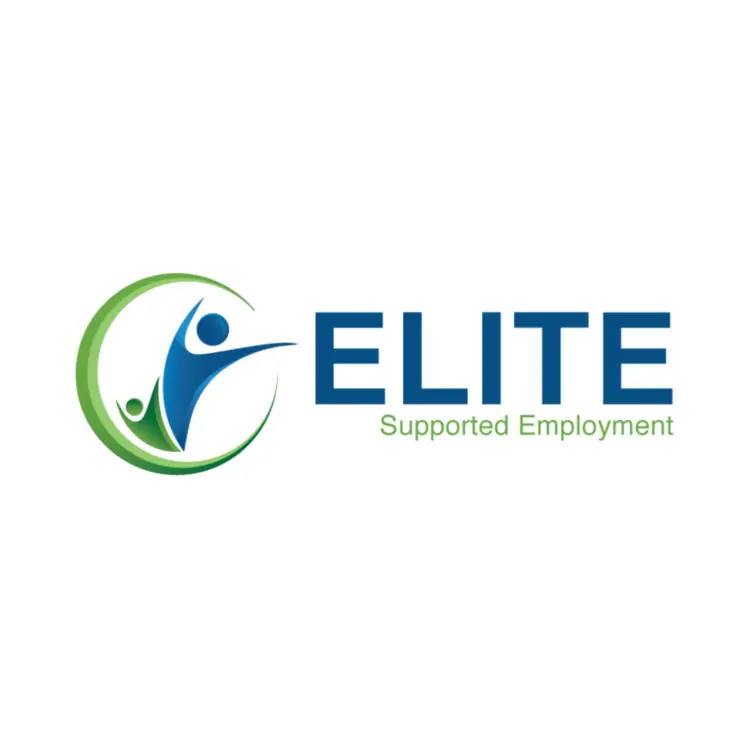
Elite Supported Employment increased participant’s income by over £3,000

Innovating financial support: how Sovereign Network Group is tackling the cost of living crisis
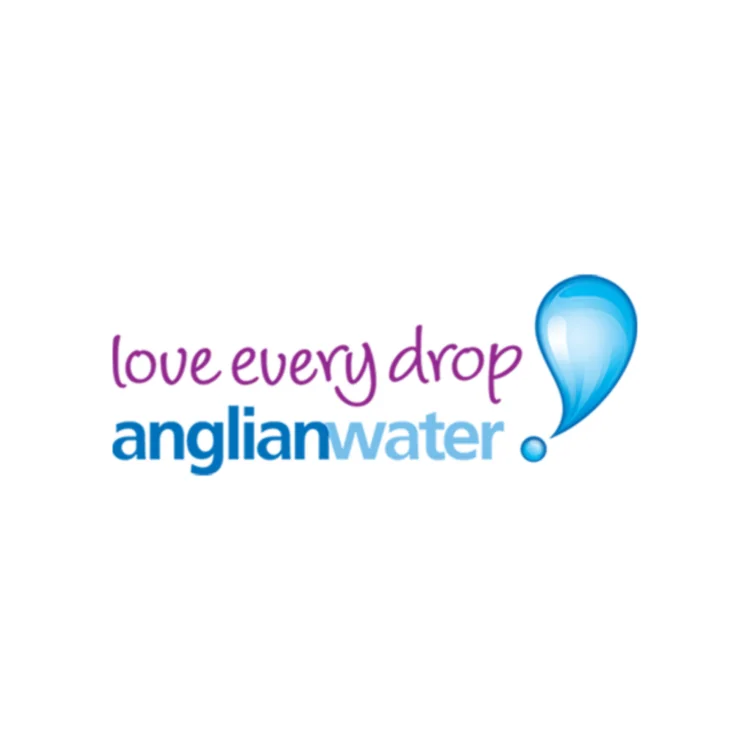
Anglian Water improves customer service and first time resolution
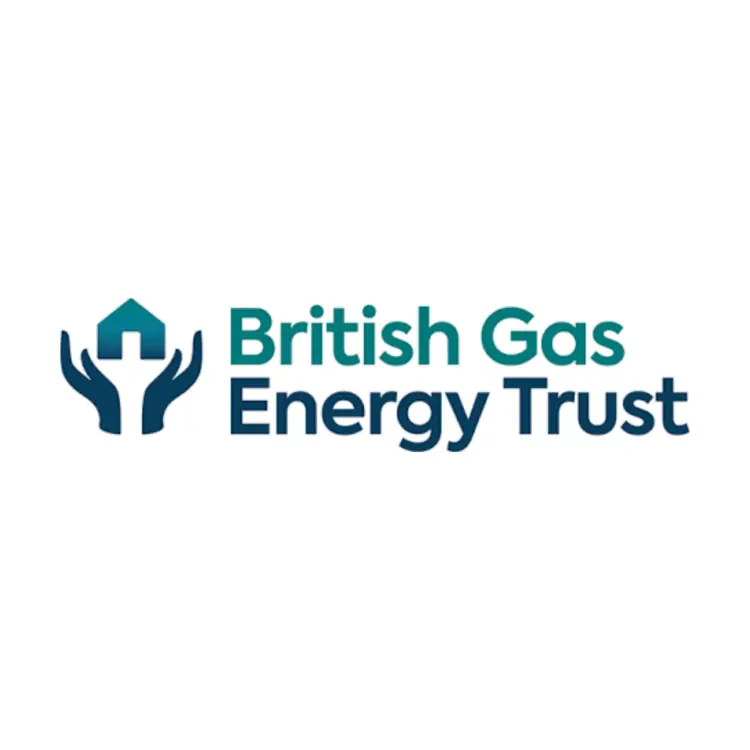
How integration helped British Gas Energy Trust reach those most in need
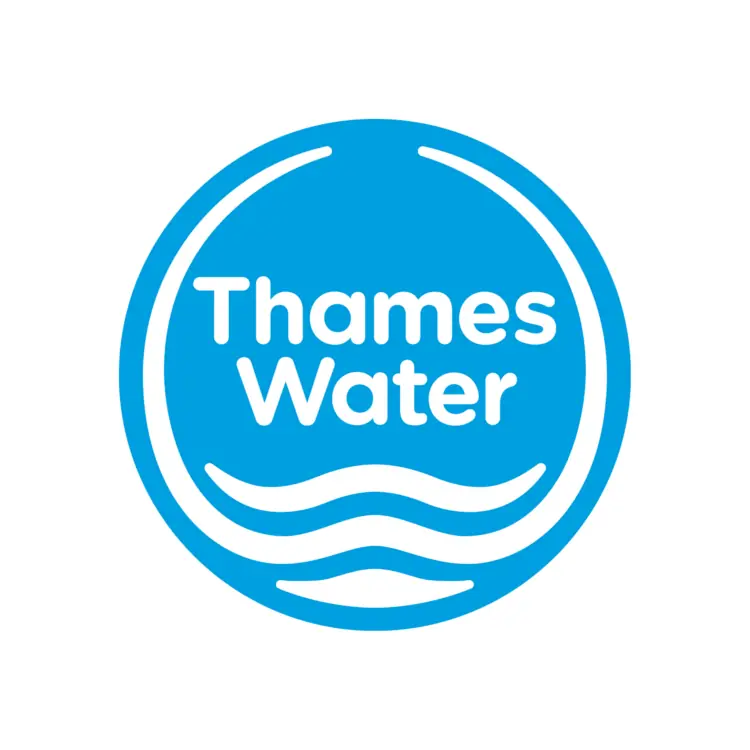
How Thames Water is using data to automatically enrol customers in need

How South West Water used data to tackle water poverty and cut debt

South Norfolk and Broadland Council streamline support for applications with Better Off Apply
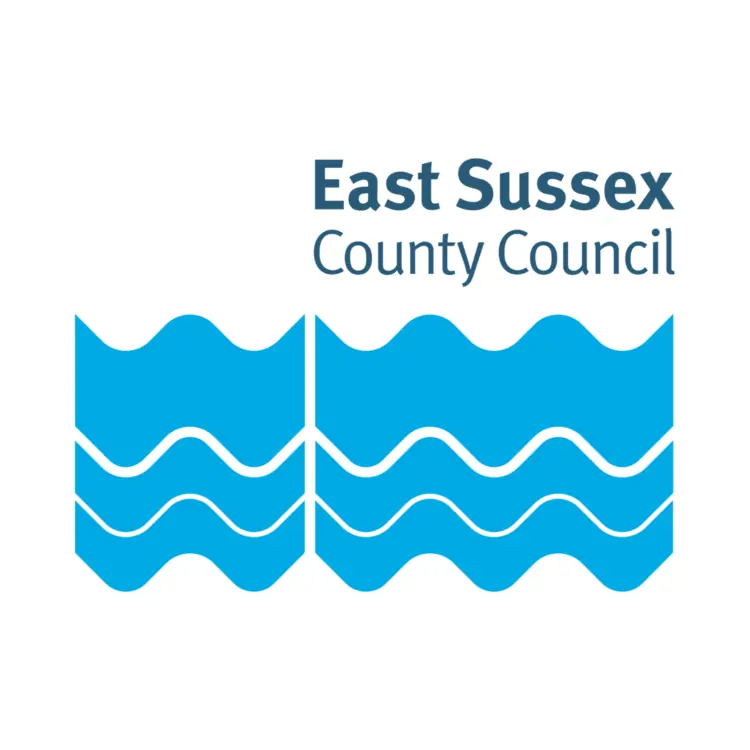
How East Sussex councils joined forces to unlock over £1 million in unclaimed benefits
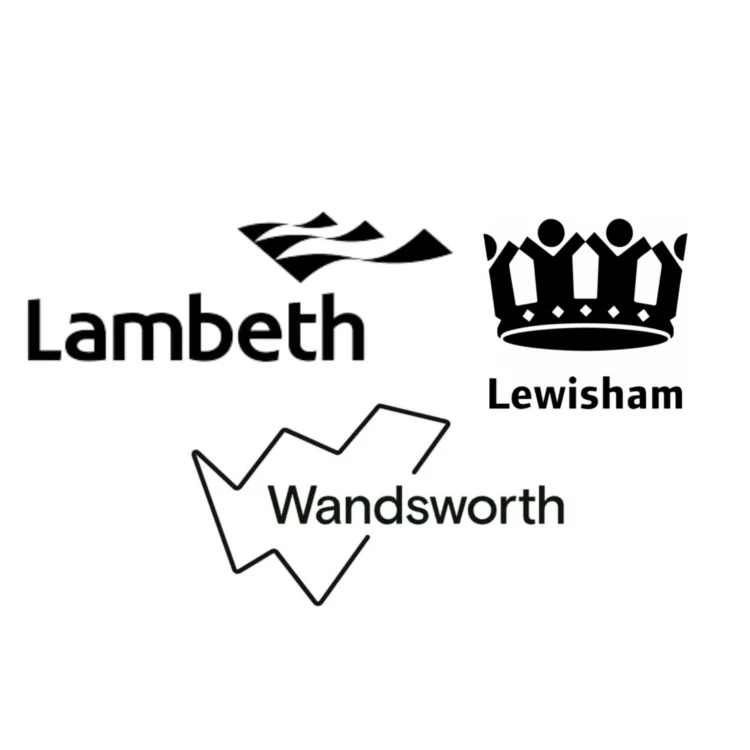
Three London boroughs tackle child hunger by auto enrolment of 1,500 students in Free School Meals
Unfortunately, no posts match your filter criteria.



